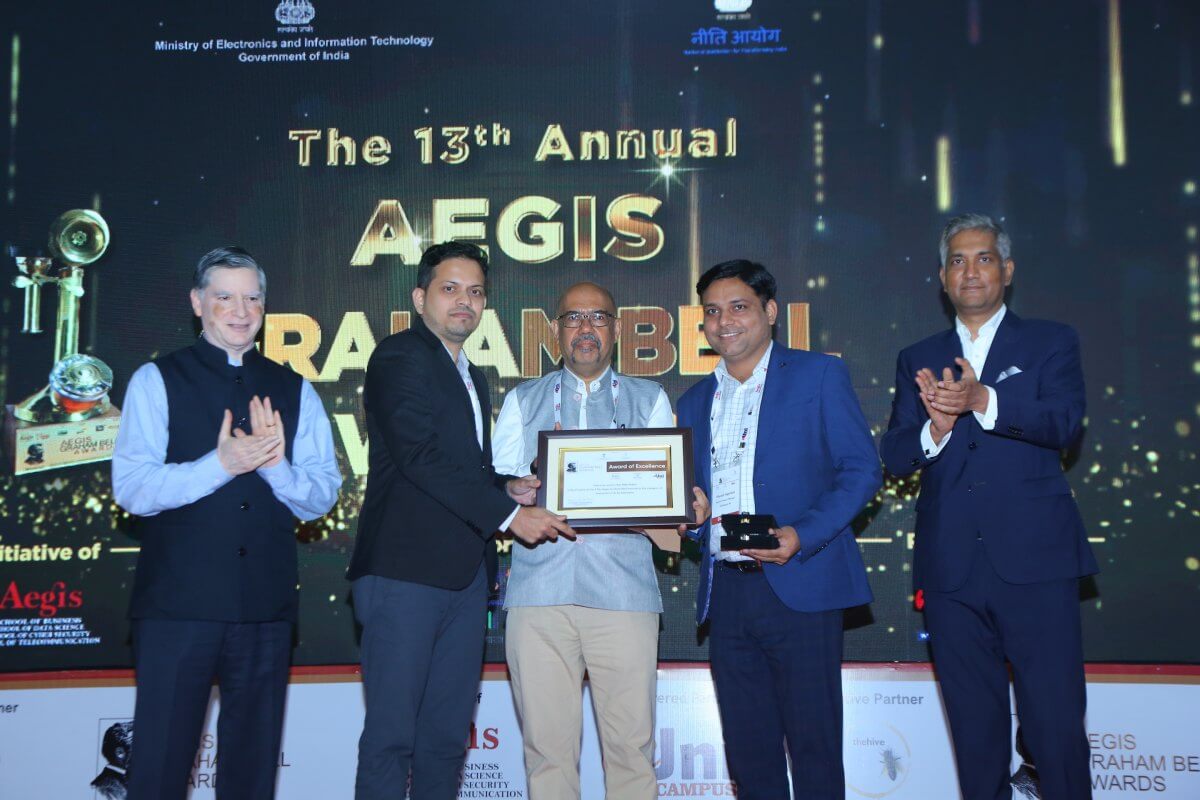Challenges Faced by Non-Native English Writers
Academic writing in English can be especially daunting for non-native speakers. Beyond mastering complex grammar rules, writers must navigate discipline-specific vocabulary, consistent terminology, and the formal tone demanded by scholarly publications. Generic grammar tools often provide inadequate or incorrect suggestions, leading to frustration and subpar manuscripts that risk rejection.
Trinka’s Tailored Support for Non-Native Scholars
Trinka’s Grammar Checker addresses these challenges by offering context-aware corrections designed for academic texts. It recognizes common pitfalls faced by non-native writers, such as improper hedging, awkward phrasing, and inconsistent terminology usage, making tailored suggestions that improve fluency and clarity without compromising formality.
Managing Citations and Integrity with DocuMark
Using the Academy Integrity Tool, non-native authors can confidently manage citations. DocuMark verifies quotes and references, helping avoid accidental plagiarism — a common concern for writers still mastering academic conventions.
Detecting AI-Generated Content to Maintain Originality
With more writers turning to AI tools, Trinka’s AI content detector helps non-native authors ensure their submissions are genuinely original. It flags AI-created passages, encouraging transparency and ethical use of technology.
Supplementing with Enago’s Plagiarism Checker for Final Assurance
This Plagiarism Checker provides a comprehensive safeguard against duplication, scanning manuscripts against vast databases to ensure originality, a critical step before submission. Enago provides human intelligence to acquire a finishing touch.
Enhancing Academic Confidence and Publication Success
Beyond technical corrections, Trinka empowers non-native writers by building academic confidence. By providing clear explanations for edits, it serves as an educational tool helping users internalize language conventions over time. This ongoing learning boosts self-reliance and improves writing quality for future projects.
Moreover, manuscripts enhanced with Trinka’s specialized guidance consistently receive more favorable consideration from journals. Improved clarity, proper citation, and verified originality reduce revision requests and help non-native authors overcome barriers that might otherwise hinder their path to publication.
Conclusion
For non-native English authors, Trinka is more than a grammar tool — it is a personalized academic writing coach, guiding through structure, style, citations, and originality, making scholarly publishing an attainable goal.

